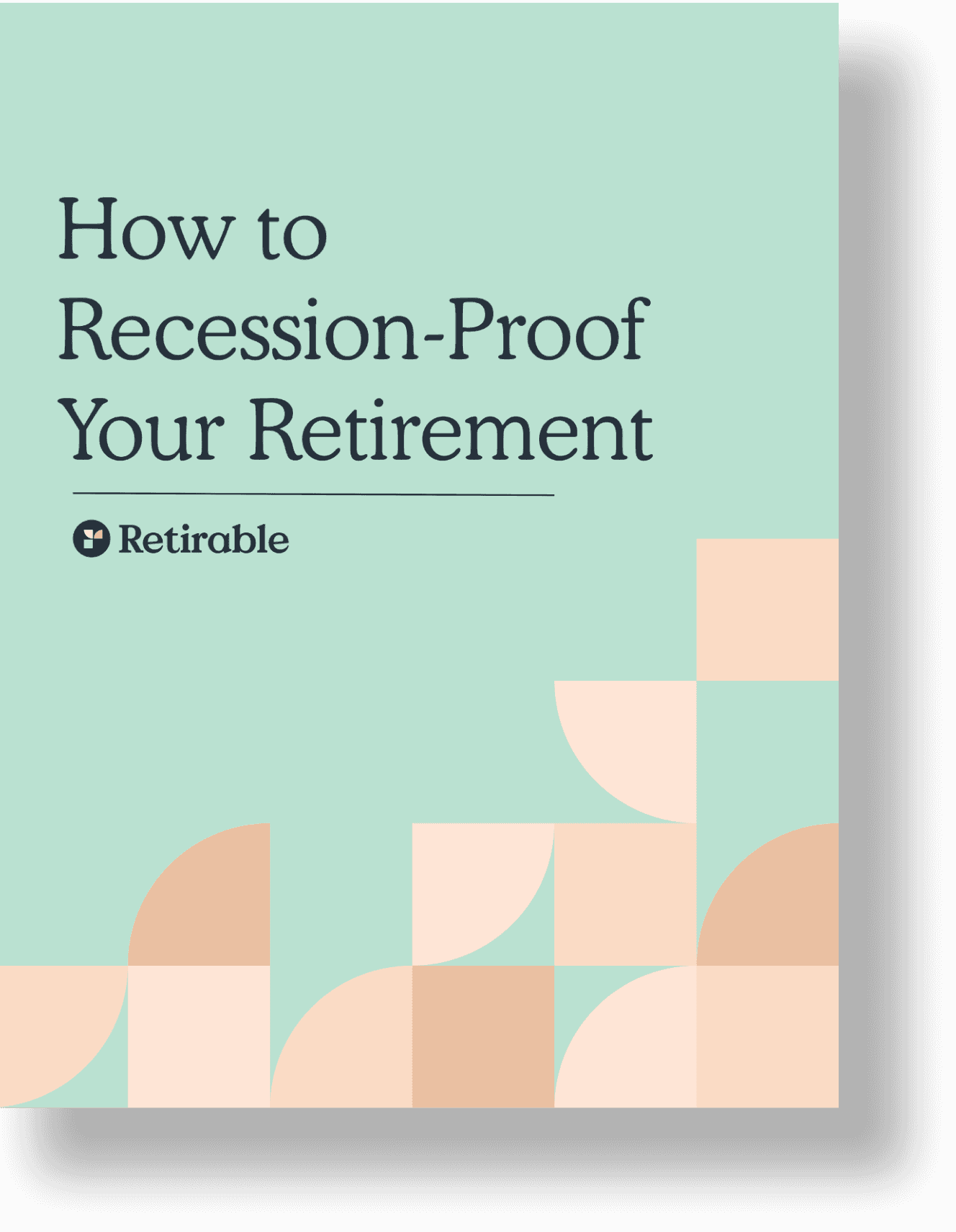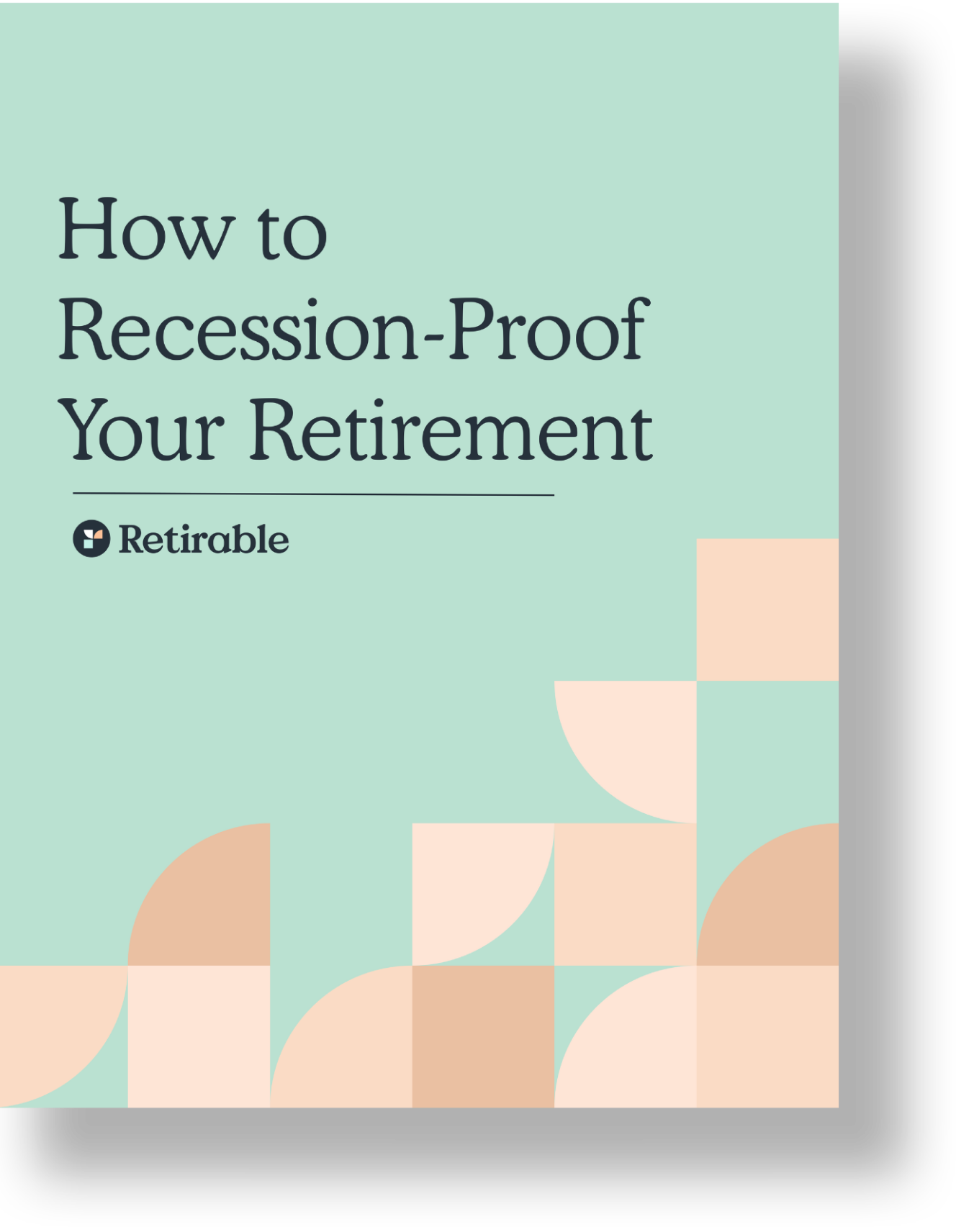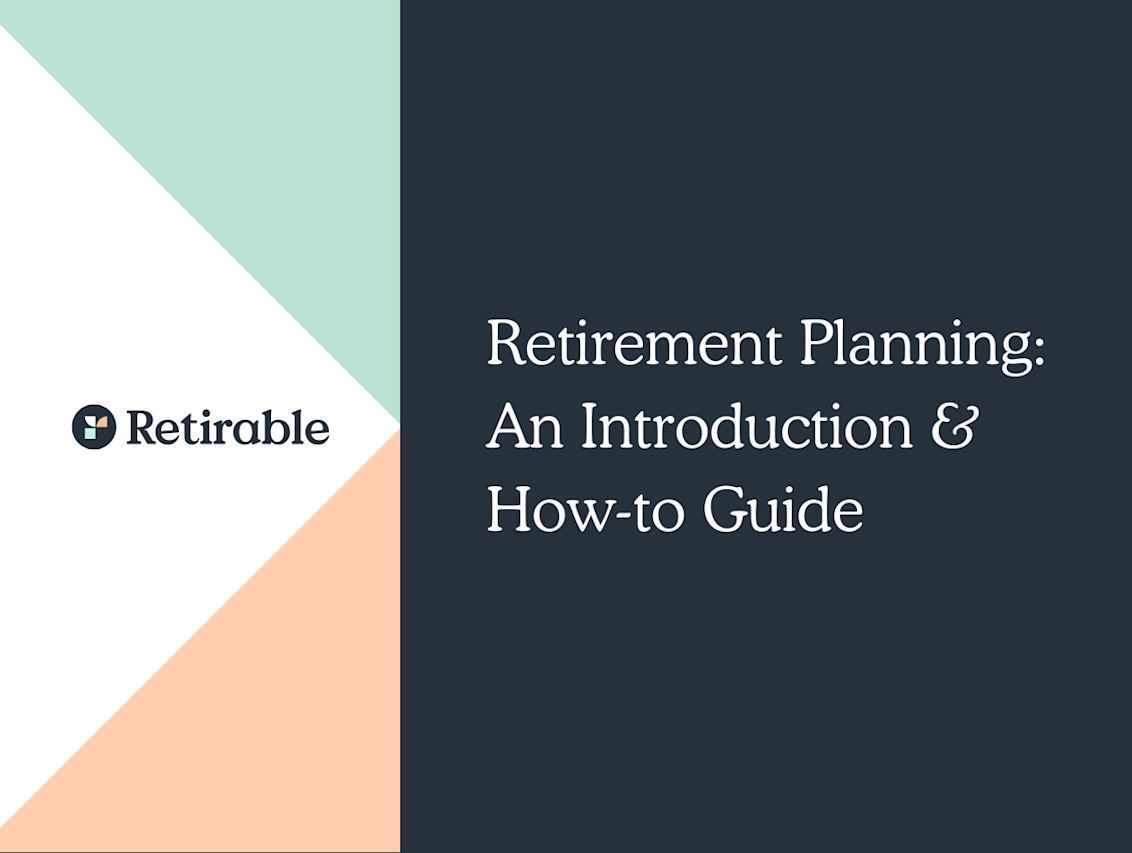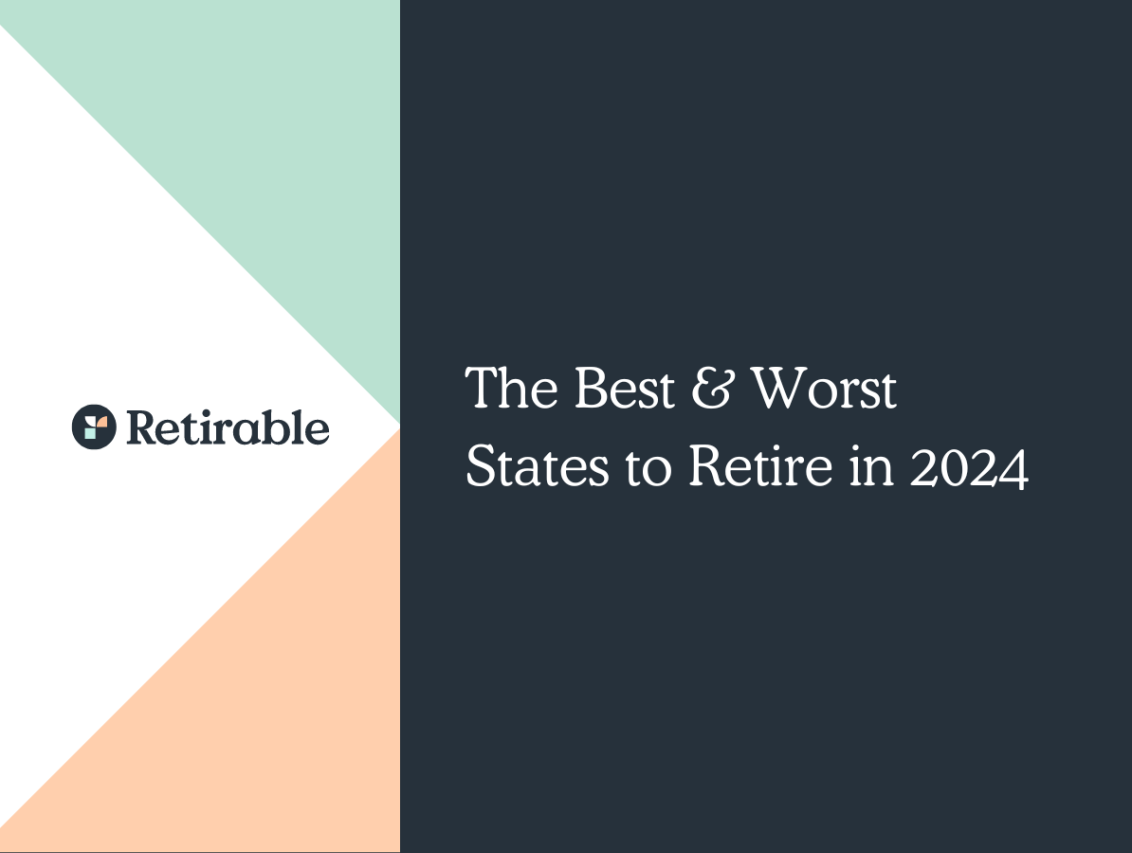Retirement Accounts
Most of us would love to retire early, and spend our days learning new languages and traveling the world instead of clocking in for our daily 9-to-5. Under the Rule of 55, it’s possible to start withdrawing from your 401(k) before you turn 59 ½ without suffering from the usual 10% IRS penalty—but is this the best option for your long-term retirement goals?

C.E Larusso
•
Published August 30th, 2023
Table of Contents
Key Takeaways
If you leave or lose your job the year you turn 55, you can take your 401(k) withdrawals early without penalty
Taking your withdrawals early could mean losing out on years of compounded returns
Not every plan has this provision in it—check the fine print in yours
Withdrawals may be subject to income tax
Most of us would love to retire early, and spend our days learning new languages and traveling the world instead of clocking in for our daily 9-to-5. Under the Rule of 55, it’s possible to start withdrawing from your 401(k) before you turn 59 ½ without suffering from the usual 10% IRS penalty—but is this the best option for your long-term retirement goals?
What is the Rule of 55?
Typically, taking withdrawals from your 401(k) or 403(b) early—before you turn age 59 ½—triggers a 10% IRS penalty, on top of the usual income taxes. Some plans, however, allow you to start withdrawals when you turn age 55, provided you have left or lost your job. This rule can be a lifesaver for those who may have lost their job or wish to retire early for another reason.
Using the Rule of 55 to Retire Early
Even if you’re happily and stably employed, you might want to use the Rule of 55 to your advantage to retire early. To do this, you’ll first need to leave your job in the year you will turn 55—if you leave your position before then, you won’t qualify for the penalty waiver.
To maximize the amount of money you can withdraw, consider looking into rollover options and get as much money into your 401(k) before you quit your job; the money in your current 401(k) is what will be accessible at age 55, so the more you move into it, the more you can withdraw at 55.
You should see if you can consolidate any 401(k) funds saved from previous jobs into your current account, and also investigate if you are allowed to shift funds from any IRAs you have into the 401(k)—typically this is allowed if you opened an IRA in order to rollover funds from a former employer’s 401(k).
Any money in your current employer's 401(k) account when you leave your job will qualify for the rule of 55, so using rollovers to put as much money into that account as possible provides you with the most flexibility. If you don't roll the money from old 401(k)s or rollover IRAs into your current 401(k) before leaving, you won't have the option to withdraw without penalty until age 59 1/2.
Conditions Required to Qualify for a Rule of 55 Withdrawal
There are some important details and conditions to know before turning to the Rule of 55 for an early retirement.
You must turn 55 the year you leave your job
You can’t quit your job when you turn 53 and then access the funds at 55 without penalty. You must choose to leave your job—or unfortunately lose it—the year you turn 55 to access your 401(k) funds without paying the 10% penalty. If you lose your job when you are 57, however, you can still take advantage of the rule of 55.
Your specific plan must allow the exception
Not every 401(k) plan allows participants the Rule of 55 exception, and only the funds in your current employer’s plans will be accessible via the exception. If you have other 401(k) plans from previous employers, consider moving those funds into your current plan, if it allows for this provision.
You can’t move the money to an IRA
The rule of 55 does not apply to IRAs, so you’ll need to leave your funds in your 401(k) while taking withdrawals, until you turn 59 ½. If you take money out of your IRA before you turn 59 ½, you’ll pay the penalty unless you qualify for a different exemption.
You cannot collect Social Security early
The earliest you can receive Social Security benefits is age 62, so you’ll need to rely on your 401(k) distributions alone until you are allowed to receive Social Security. Additionally, note that if you start to take Social Security distributions, your benefits will be reduced as you would be receiving them before full retirement age (66 or 67, depending on the year you were born).
You can get another job later
You’ll still have access to the funds even if you get another job. So if you decide to change careers, or work part-time instead of full-time in a different role at a new company, you can still receive your distributions as long as the 401(k) is tied to the company you worked for when you quit at age 55 and you have not rolled it over into an IRA or different plan.
Public safety employees get an extra five years
Those who work in public safety—firefighters, police officers, EMTs, and air traffic controllers, for instance—are allowed to access their 401(k) funds at age 50, five years earlier than others.
You’ll still pay income tax
Distributions, whether from the Rule of 55 or otherwise, are still subject to income tax—typically, 20%.
Other Ways to Avoid the 401(k) Withdrawal Penalty
Leaving your job is not the only way to avoid the penalty, but in some ways, it’s the simplest solution. There are a few other withdrawal reasons to avoid the 10% penalty, including:
- Death of plan participant
- Total and permanent disability of the plan participant
- Payment to correct excess contributions to an IRA or other plan
- Payment under a qualified domestic relations order (QDRO)
- IRS levy
- Medical expenses greater than 10% of your plan participant’s adjusted gross income (AGI)
- Dividend pass through from an employee stock ownership plan (ESOP)
- Military reservists called to active duty
Is the Rule of 55 Right for You?
It’s tempting to retire early, but taking withdrawals early means you will lose out on additional years of compounding returns—returns that could allow you to live more comfortably during retirement. That said, you might be in a comfortable financial situation that allows you to fully retire early at age 55, in which case the Rule of 55 might be a great option. The best way to know for sure is to talk to a dedicated financial advisor who can walk you though your assets and how they fit into your retirement goals.
One option, in addition to the Rule of 55, is using SEPPs (Substantially Equal Periodic Payments). This rule allows workers to take monthly or annual payments from their retirement plan for five consecutive years before they turn 59 ½. The payments are based on your life expectancy and are not subject to the 10% IRS penalty. You must, though, take the payments for five consecutive years or until you reach age 59 ½, whichever comes later. If you wish to end the payments, you will be subject to the early withdrawal penalty. Taking SEPP payments might be a better option if you wish to access your 401(k) funds but don’t plan to leave your job when you turn 55, but it doesn’t solve the problem of losing out on compounding returns. In addition, and perhaps most crucially, once you start SEPP payments you aren’t allowed to contribute to that retirement account.
Using a Financial Advisor to Access the Best Retirement Option for You
If you want to design a plan so you can retire early, a financial advisor can help you map out your goals and your current financial situation so you can get to retirement when you want, and on comfortable terms.
A great financial advisor can make smart decisions about your investments, and weigh those investments against your comfort with risk-taking. In addition, they can help you forecast how to get to both your short-term financial goals (vacation home!) as well as your long-term ones, such as retirement. Finally, they will be able to navigate all of your questions about taking early withdrawals on your retirement plans and the implications of doing so.
Share this advice

A professional content writer, C.E. Larusso has written about all things home, finance, family, and wellness for a variety of publications, including Angi, HomeLight, Noodle, and Mimi. She is based in Los Angeles.
Share this advice

A professional content writer, C.E. Larusso has written about all things home, finance, family, and wellness for a variety of publications, including Angi, HomeLight, Noodle, and Mimi. She is based in Los Angeles.
Free Retirement Consultation
Still have questions about how to properly plan for retirement? Speak with a licensed fiduciary for free.






